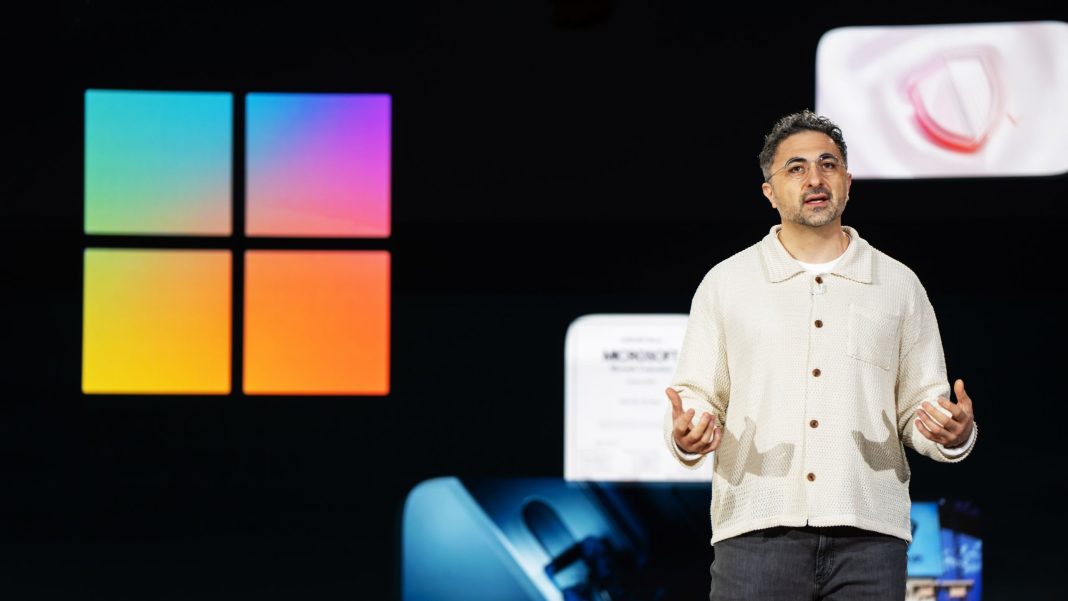Microsoft is betting big on artificial intelligence, particularly integrating it deeply into its ubiquitous Windows operating system. Yet, recent reactions to these AI-powered advancements have left even the tech giant’s AI boss, Pavan Davuluri, reportedly “mindblown” by the lack of enthusiasm, even outright backlash, from users. It’s a fascinating disconnect: a company pouring resources into innovation, genuinely believing they’re delivering the future, only to be met with shrugs or outright frustration from the very people they aim to serve. So, what explains this surprising gap in perception?
The AI Vision Versus User Reality
From Redmond’s perspective, the integration of AI like Copilot into Windows is a natural, perhaps even inevitable, evolution. The vision is clear: a more intelligent, proactive operating system that anticipates needs, boosts productivity, and streamlines workflows. Features like “Recall,” designed to be a searchable photographic memory of everything you’ve done on your PC, epitomize this ambitious drive to make computers more intuitive and powerful. For the engineers and executives behind these initiatives, the benefits seem obvious, almost self-evident.
However, the user experience often tells a different story. Many everyday Windows users aren’t clamoring for more AI; they’re often concerned about performance impact, privacy implications, or simply the perceived bloat of an already complex system. When new AI features are introduced, questions quickly arise: Will it slow down my machine? Is it constantly monitoring me? Do I even need this? This isn’t necessarily a rejection of AI itself, but a demand for clear, demonstrable value that outweighs potential downsides. As one seasoned tech commentator put it, “Many users simply feel that Microsoft is pushing features we don’t need, rather than refining what we already use daily. It’s not about being anti-AI; it’s about wanting practical, secure enhancements.”
Beyond Backlash: Is It Skepticism or Miscommunication?
It’s crucial to differentiate between outright rejection and a more nuanced skepticism. While some of the reaction certainly leans into outright backlash, particularly regarding features like Recall and its initial security concerns, much of the sentiment seems to be a cautious “show me.” Users, especially those outside the early adopter bubble, are often content with a stable, reliable operating system. When new, seemingly intrusive features are introduced, especially ones with a steep learning curve or unclear benefits, a natural resistance emerges.
Part of the challenge might also lie in communication. Microsoft’s messaging often highlights the potential of AI, but perhaps falls short in explaining the immediate, tangible benefits for the average user, or in clearly addressing privacy and security anxieties head-on. If users don’t understand how a new AI feature genuinely makes their lives easier, more efficient, or more enjoyable, it’s easily dismissed as another piece of unnecessary software. The expectation for a mature operating system like Windows isn’t just innovation for innovation’s sake, but meaningful improvements that enhance the existing experience without adding complexity or sacrificing performance.
Conclusion
The “mindblowing” surprise from Microsoft’s AI boss highlights a critical juncture in the widespread adoption of artificial intelligence. While the tech industry sees AI as the next frontier, the general public remains cautious, prioritizing privacy, performance, and clear utility. For AI to truly integrate seamlessly into our digital lives, companies like Microsoft might need to shift their focus from simply showcasing what AI can do, to eloquently demonstrating what it can do for the user, addressing concerns with transparency, and perhaps offering a more opt-in, less intrusive approach to innovation. Ultimately, user trust and perceived value will be the true measures of AI’s success in everyday computing.




